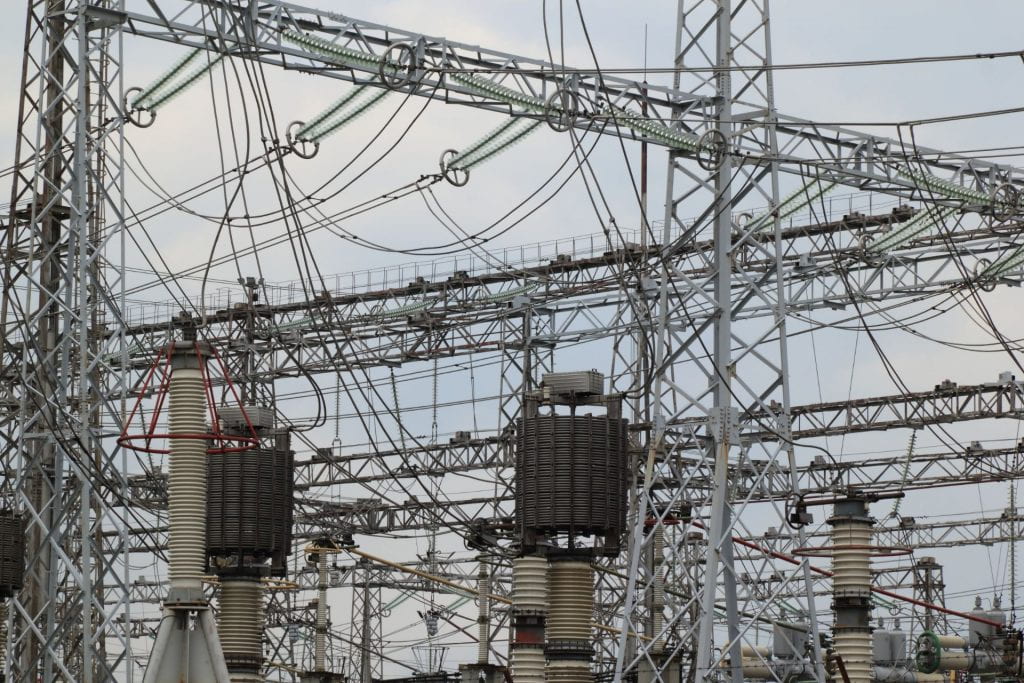
Research at SoFSI can be undertaken on existing and future civilian nuclear energy infrastructure and how it performs within under a range of dynamic conditions. The key research areas for this category include reduction of the uncertainty associated with the subsoil conditions under minor-to-moderate (UK) and high seismicity.
The University of Bristol has a long history of using shaking tables to undertake the seismic qualification testing of electro-mechanical plant. This usually involves shaking the equipment with simulated earthquakes to prove its safe operation during and after a seismic event. Each test earthquake lasts about ten seconds and the sequence of shaking is carefully designed to give a realistic test of the equipment under different levels of shaking, including cumulative damage effects. In most cases the final test is at an intensity of shaking 1.4 times greater than the full design earthquake. This is to prove that the equipment is not on the verge of failure at the design earthquake level. After each shake, each item is carefully inspected and functional tests are carried out. Additionally we have recently completed a multi-year research project which has helped to enable the life-extension of a number of UK plants.

